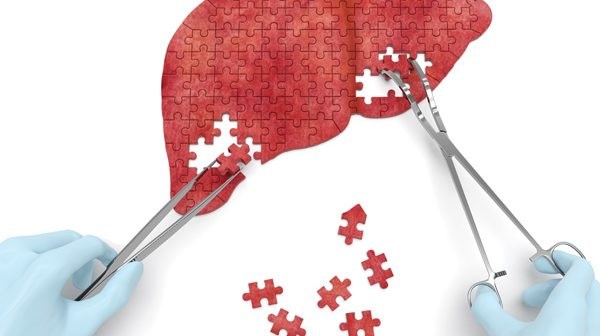
Acute Liver Failure
Acute liver failure is loss of liver function that occurs rapidly — in days or weeks — usually in a person who has no pre-existing liver disease. Acute liver failure is less common than chronic liver failure, which develops more slowly.
Acute liver failure, also known as fulminant hepatic failure, can cause serious complications, including excessive bleeding and increasing pressure in the brain. It’s a medical emergency that requires hospitalization.
Depending on the cause, acute liver failure can sometimes be reversed with treatment. In many situations, though, a liver transplant may be the only cure.
Signs and symptoms of acute liver failure may include:
- Yellowing of your skin and eyeballs (jaundice)
- Pain in your upper right abdomen
- Abdominal swelling
- Nausea
- Vomiting
- A general sense of feeling unwell (malaise)
- Disorientation or confusion
- Sleepiness
When to see a doctor
Acute liver failure can develop quickly in an otherwise healthy person, and it is life-threatening. If you or someone you know suddenly develops a yellowing of the eyes or skin; tenderness in the upper abdomen; or any unusual changes in mental state, personality or behavior, seek medical attention right away.


